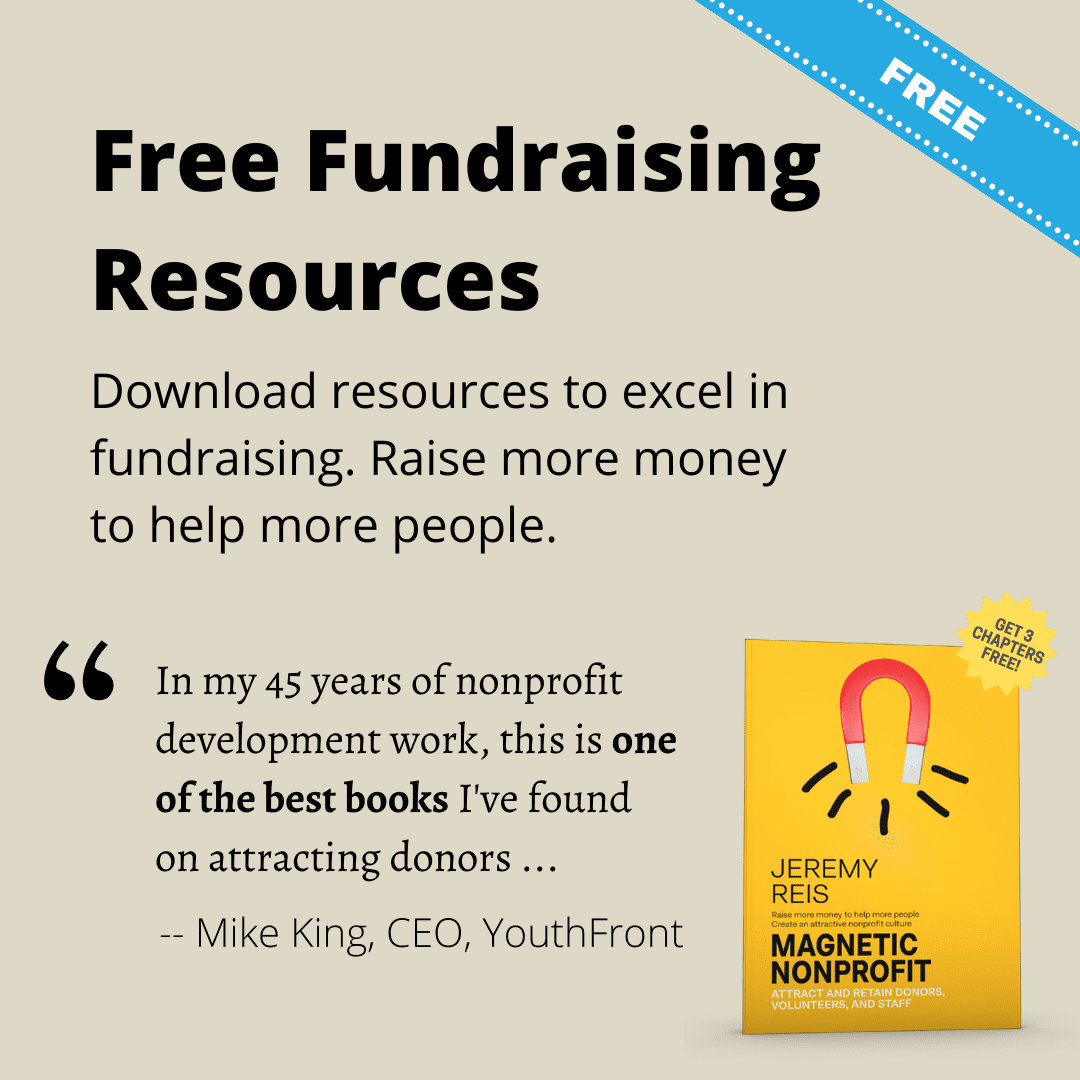As a fundraiser, one of the most important things you can do is cultivate relationships with potential donors. And one of the best ways to do that is by finding out their interests and what motivates them to give. Only then can you effectively tailor your pitch and maximize the chances of securing a donation.
What is planned giving?
Planned giving is a type of philanthropy that enables donors to make larger gifts to nonprofit organizations than they could give from their annual incomes. Planned gifts are usually made by major donors who have the financial resources and the inclination to support the nonprofit organization over the long term.
Planned gifts can take many different forms, but all of them involve some type of giving that goes beyond an annual donation. Some planned gifts are made as bequests, which are gifts that are given in a donor’s will. Other planned gifts take the form of life income arrangements, such as charitable gift annuities and charitable remainder trusts. These types of gifts provide the donor with an income for life, and after the donor’s death, the remaining assets go to the nonprofit organization. Still others are given outright, such as stock or real estate.
Regardless of the form that a planned gift takes, all of them require some degree of planning and coordination between the donor and the nonprofit organization. By its very nature, then, planned giving is a long-term commitment that can have a lasting impact on the nonprofit organization’s ability to achieve its mission.
So how do you find out what interests a donor? By asking the right questions, of course! In this article, we’ll give you a list of some of the best questions to ask a donor to find out their interest in planned giving.
Questions to Determine the Donor’s Interest in Planned Giving
- What are your philanthropic goals?
- What organizations or causes are you passionate about?
- What motivates you to give?
- What type of charitable giving have you done in the past?
- What are your thoughts on estate planning and legacy giving?
- Have you ever considered planned giving? If so, what were factors for your decision?
- If you were interested in planned giving, what type of charitable organization would you want to support?
- Would you be interested in meeting with a financial planner to discuss planned giving options?
- What concerns do you have about making a planned gift?
- Would you like me to send you information on planned giving options?
Asking these questions will help you get a better understanding of what motivates your donor and what their interests are. With that information, you’ll be able to more effectively tailor your pitch and secure a donation.
Example Planned Gifts
A planned gift is a major gift that is usually pledged over a period of time and often arranged through a will or trust. There are many different types of planned gifts, each with their own unique benefits. Let’s explore some of the most popular types of planned gifts so that you can get a better understanding of how they work and how they can benefit your cause.
1. Bequests: A bequest is a gift that is made through your will or estate plan. You can designate a specific amount of money or property to be given to your chosen charity upon your death. Bequests are one of the most popular types of planned gifts because they are easy to set up and there is no immediate tax implications for the donor.
2. Gift Annuities: A gift annuity is an agreement between you and a charity in which you make an irrevocable gift of cash or property in exchange for the charity’s promise to pay you (and/or another designated beneficiary) a fixed annual income for life. Gift annuities can be tailored to meet your individual needs and financial circumstances, which makes them a very flexible type of planned gift.
3. Charitable Remainder Trusts: A charitable remainder trust (CRT) is an irrevocable trust that pays income to one or more non-charitable beneficiaries (typically the donor and/or their family) for a period of time, after which the remaining assets are transferred to the charity. CRTs can be used to minimize taxes on appreciated assets, create an immediate income tax deduction, and provide income for the donor and/or their family members for life.
There are many different types of planned gifts, each with their own unique benefits. As a fundraiser, it is important to have a basic understanding of how these gifts work so that you can better advise your donors on how they can support your cause in the most impactful way possible.



